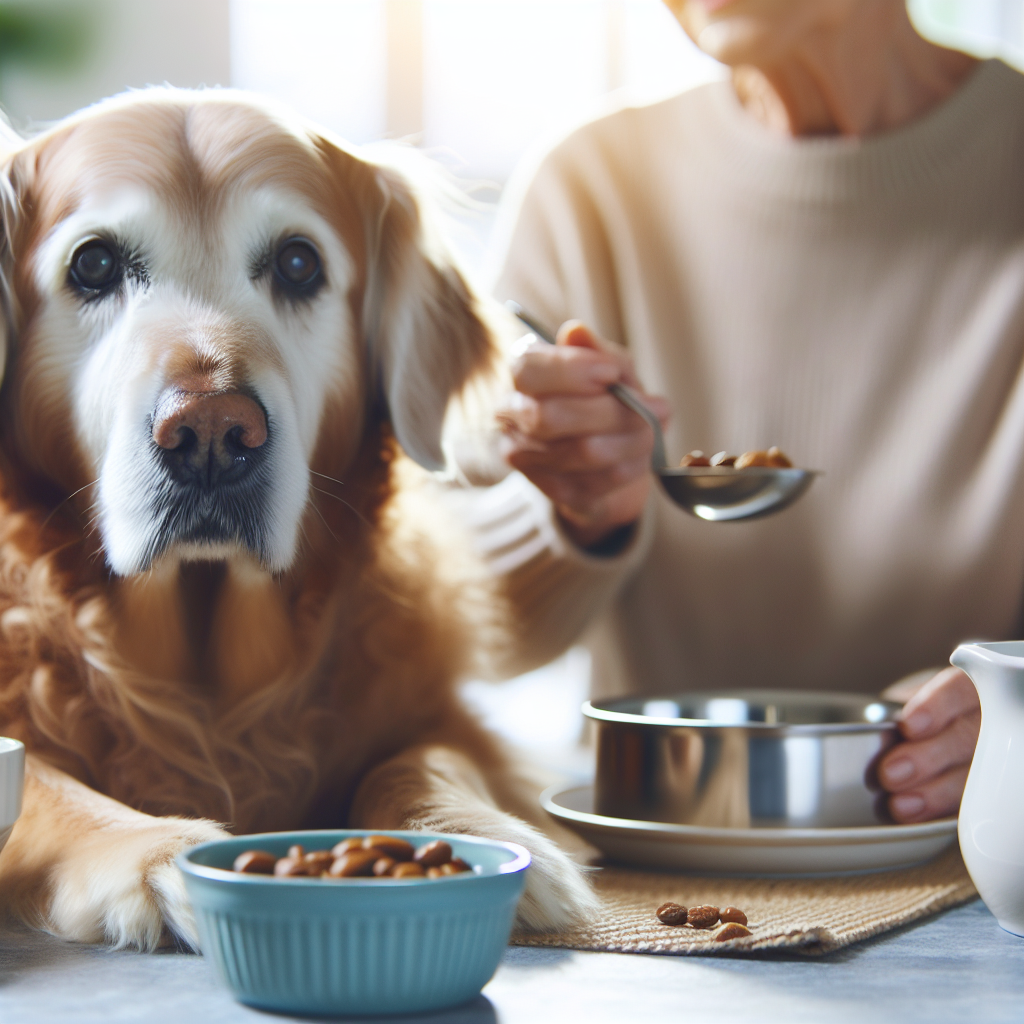Essential Pet Care Tips for Aging Dogs: Keep Them Happy & Healthy
As our furry friends grow older, they require extra love and attention to ensure their comfort and well-being. Just like humans, aging dogs go through various changes that can affect their health, behavior, and overall quality of life. In this blog post, we’ll explore essential pet care tips for aging dogs that will help keep them both happy and healthy.
Understanding the Unique Needs of Aging Dogs
Recognizing the unique challenges that older dogs face is the first step in providing appropriate care. Some common issues include:
- Decreased Mobility: Arthritis or joint problems can hinder physical activity.
- Dietary Changes: Older dogs may require special diets to address health concerns.
- Cognitive Decline: Just like people, dogs can experience cognitive dysfunction as they age.
Being aware of these issues allows you to tailor your care strategies effectively, enhancing your dog’s well-being.
1. Regular Veterinary Visits: Importance for Early Detection
Scheduling regular vet visits is crucial for early detection of potential health issues.
- Comprehensive Check-ups: Annual or biannual check-ups can catch problems like heart disease, diabetes, and dental issues early on.
- Vaccinations and Preventive Care: Ensure that your aging dog stays up to date with vaccinations and preventive medications (such as flea and tick treatments).
According to the American Veterinary Medical Association, older dogs are more susceptible to various ailments, making these visits essential (AVMA).
2. Proper Nutrition: Tailoring Diet for Senior Dogs
As dogs age, their nutritional requirements change.
- Senior Dog Food: Transition to high-quality senior dog food that caters to an older dog’s needs. Such foods are usually lower in calories to manage weight, and enriched with joint supplements like glucosamine.
- Hydration: Ensure your dog has constant access to fresh water, as hydration is vital for overall health.
A balanced diet can significantly improve your dog’s energy levels and health status as they age.
3. Exercise: Keeping Your Aging Dog Active
While older dogs may not have the same energy as they once did, regular exercise is still essential.
- Gentle Walks: Keep walks shorter and slower to accommodate your dog’s decreased stamina and joint stiffness.
- Mental Stimulation: Engage your dog with puzzles and interactive toys to stimulate their mind. This can be especially helpful for dogs experiencing cognitive decline.
According to the Association for Pet Obesity Prevention, maintaining a healthy weight through exercise can extend your dog’s lifespan and improve their quality of life.
4. Comfortable Living Conditions: Creating a Cozy Environment
Your dog’s living conditions can greatly impact their comfort level, especially as they age.
- Soft Bedding: Provide orthopedic beds to support aching joints and bones.
- Accessibility: Ensure that essentials, such as food and water, are easily accessible to your dog.
Creating a comfortable environment can help soothe any aches and pains, allowing your dog to relax and enjoy their time at home.
5. Maintain Dental Health: Important Yet Often Overlooked
Dental health can affect your aging dog’s overall health.
- Regular Teeth Cleaning: Brush your dog’s teeth regularly and consider dental chews that help reduce plaque buildup.
- Vet Dental Check-ups: Regular dental check-ups can prevent disease that could lead to more serious health issues.
Healthy teeth can reduce pain and lead to a happier, more active life.
6. Monitor Behavior Changes: Understanding Emotional Needs
Behavioral changes are common in aging dogs and can signal underlying health concerns.
- Stay Observant: Pay attention to any changes in mood, eating habits, or potty habits. A sudden change could indicate health issues that require veterinary attention.
- Quality Time: Spend quality time with your dog. This not only strengthens your bond but also provides emotional support during their later years.
Understanding and addressing emotional needs can significantly enhance a senior dog’s quality of life.
Pet Notes: Quick Reference Summary
- Regular Vet Visits: Early detection of issues through regular health check-ups.
- Proper Nutrition: Transition to age-appropriate diet to meet changing nutritional needs.
- Exercise: Incorporate gentle exercise and mental stimulation for overall well-being.
- Comfortable Living Conditions: Equip your home with cozy, accessible spaces for your dog.
- Dental Health: Maintain dental hygiene to prevent health complications.
- Monitor Behavior Changes: Stay alert to emotional needs and behavioral changes for prompt action.
By implementing these essential pet care tips for aging dogs, you can not only keep them happy but also prolong their lives. Remember, every little effort counts in ensuring your beloved dog remains comfortable and cherished during their golden years.

